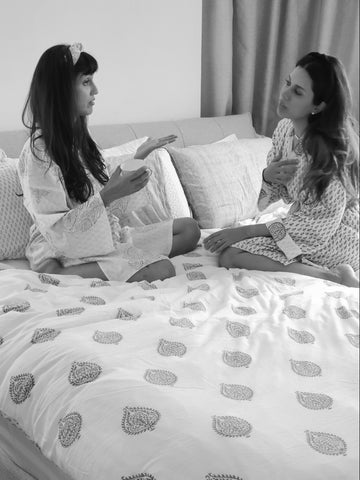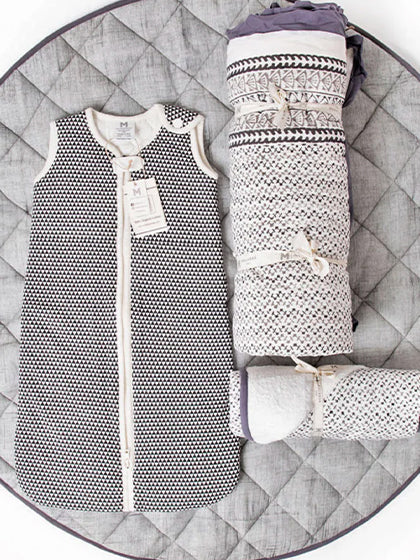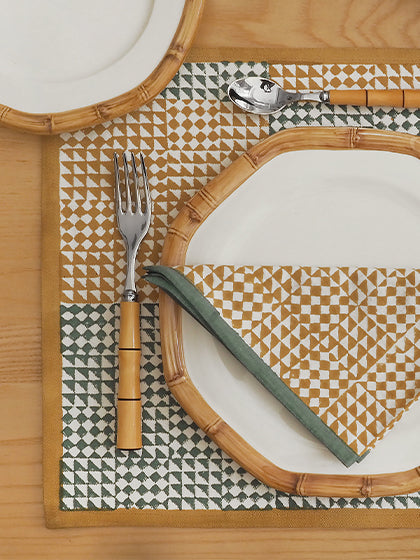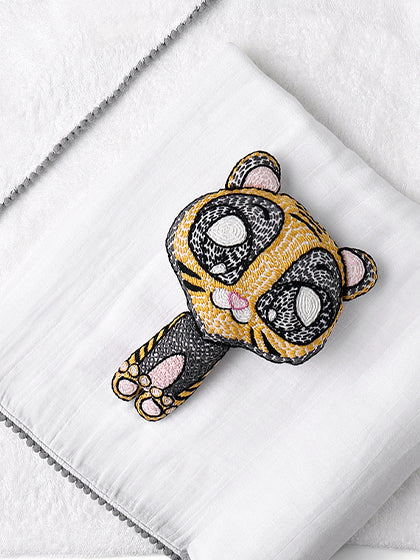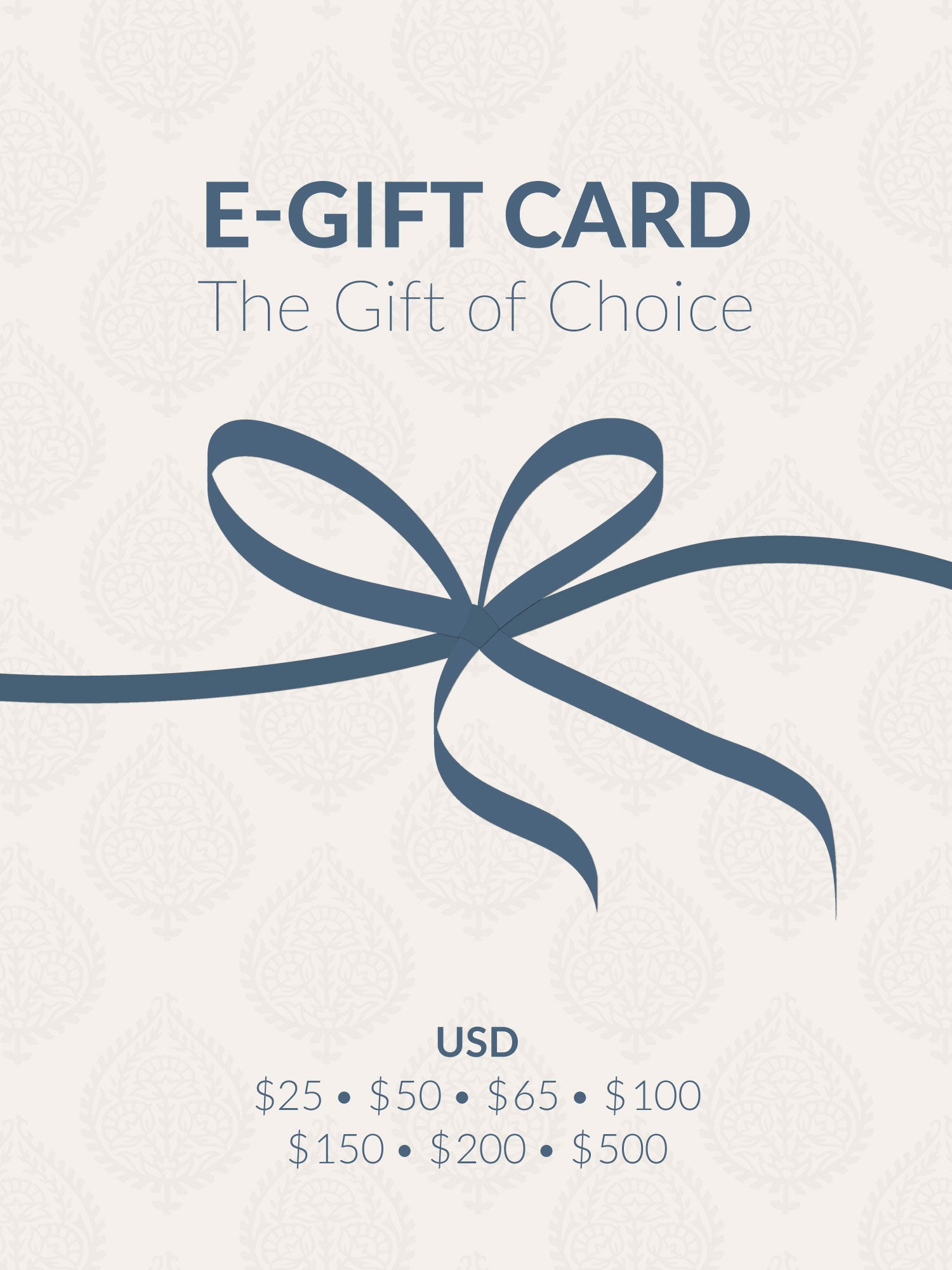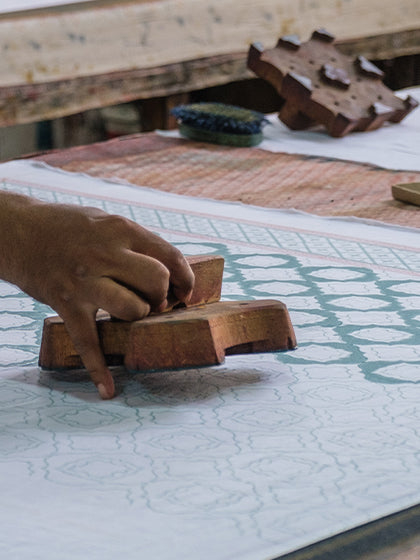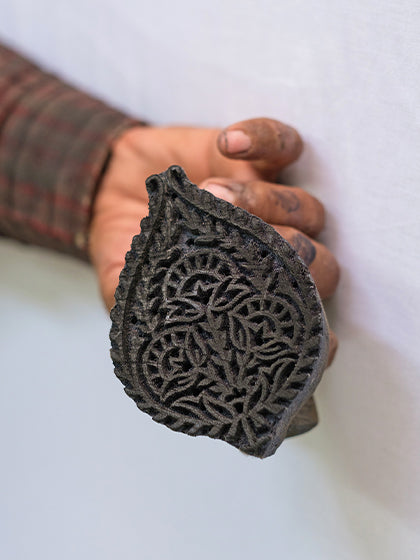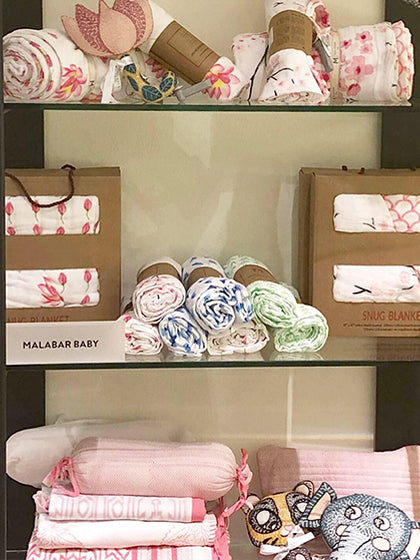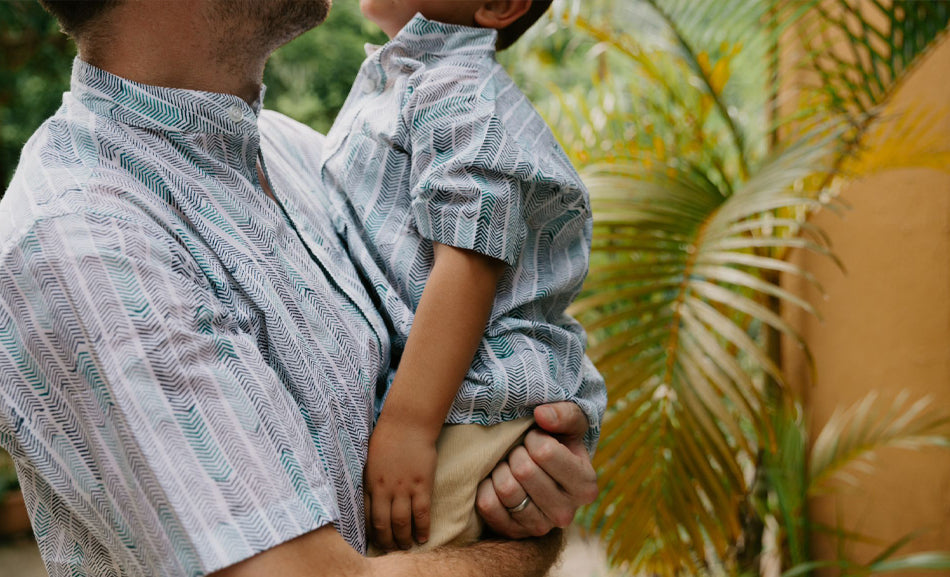Malabar Baby and
A Woman’s Worth are partnering to help women and their families with their Financial Health; Physical Health and Mental Wellbeing in celebration of International Women's Month, 2022.
We believe in a world where every woman is free to lead, to grow, to inspire in collaboration with each other where every woman is part of a story.
We are creating a future that is beautifully different because we understand what women can do when we stay true to our values.
Today we chat with Caroline Rhodes, a holistic physiotherapist with 35 years of clinical experience and Founder of The Body Group.
Her journey in working with people from all ages and walks of life has taught her that there are several key factors in achieving optimal health and the ability for the body to heal and recover from most injuries and illnesses. This approach looks at the physical, emotional and physiological aspects of the body.
5 key notes on Physical Health
1. Be kind to your body and choose nutritious food...
Each culture may have certain foods they eat during their recovery.. These foods can help to restore the mom’s body, produce more breast milk and help to recover faster. If you do not have traditional foods that you know you want to eat, consider eating whole nutritious food and avoid packaged and junk foods. What ever you eat, you will feed your baby so it’s important to avoid food additives, artificial colouring, excessive sugar and bad fats. Stick with oils like pure cold pressed oils like olive, avocado and coconut.
2. Be prepared for unexpected surprises...
Sometimes new mothers find it difficult to breast feed.
If you find your baby is not latching on properly, you can put your little finger pad in your baby’s mouth and let them suck on it,
The baby should be able to pull your finger into the first knuckle. You can gently stoke the roof of the baby’s mouth to improve sucking and latching. If this doesn’t help, consider having the baby checked by a practitioner who uses craniosacral therapy with infants.
3. Not interested in intimacy...
It’s not unusual to feel this way especially if you are tired. This is a great topic for the couple to have BEFORE the baby arrives. Intimacy can involve many ways to feel connected and finding other methods of intimacy is important since the delivery of a vaginal birth may take some time to recover. Knowing yours and your partners Love Languages can be very helpful to express and receive love in the way that you need.
Images Courtesy of Sattra Yoga
4. Feeling like you have to do it all and feeling tired and resentful.
Consider all the things you may need to have done before the baby arrives. Many family's have a helper, family member and or a confinement nanny. There are a full range of services and support they can provide. Discuss what you want to do yourself with your baby, but know you may feel differently after the baby arrives. Since you will be the one to do the breast feeding, you can delegate some of the other activities like bathing the baby or learning baby massage for the partner to have something to do to feel connected. Let him/her practice in advance so he/she feels comfortable. Don’t judge and be nervous thinking that he/she is not capable. Babies are awfully resilient. They are designed to go through a birth canal and then get pushed out with a lot of force. While keeping in mind that you need to support the baby’s head and neck, the baby is not fragile like porcelain. Relax and let your partner know you trust them. If your partner is not interested, then don’t force it. Some partners need some time when the baby is able to engage. Never tell him/her that they are not helping or doing anything. That will hurt their feelings and he/she may withdraw because deep down, your partner wants to be helpful. Your partner may be the one that is financially supporting the family (not always) so he/she may feel he’s doing his part by supporting the family in this way.
5. Gentle moments are important. Walking is a great exercise.
Gentle stretching and maintaining good posture is key. Many things around anything to do with babies can often be hard on one’s back. Bending over a tub or getting an infant in and out of a car seat. Use good body mechanics and have at least one piece of supportive furniture where you can sit and breast/bottle feed. Often mom’s want to “get in shape” asap but if you start to do anything that involves a lot of jumping like running or kick boxing, you may cause your ligaments to become too loose. Ligaments hold up your organs and around the joints and when you are pregnant and lactating, the hormones keep the ligaments loose for up to 3 months until after you stop breast feeding. If you do aggressive exercises like running and jumping (which you did not do before), you can overstretch the ligaments and ligaments that hold up the organs can become overstretched. The uterus can drop and put more pressure on the bladder. Other organs can drop a little and this affects the organ from working optimally.


